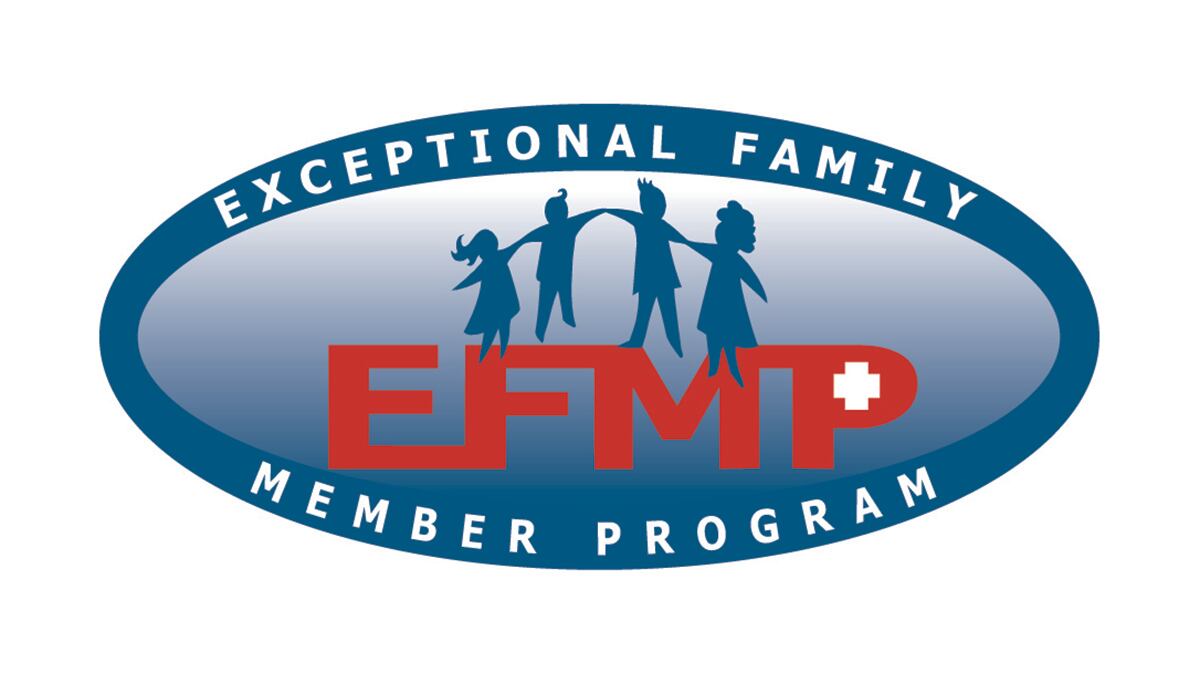As part of the Army’s transformational change, the philosophy of “People First and Winning Matters” is heard loud and clear across our formations. The idea of putting our people first is not necessarily new, but more a reevaluation of priority between people and mission. Putting people first comes in two forms – what we need to do, and what we must not do. Through defining these actions, we can build trust with our soldiers and increase the lethality of our force.
As the chief of staff of the Army informs us, we need to be competent, disciplined and fit. These are foundational requirements of all soldiers: competence in individual and collective skills; disciplined in appearance, bearing and action; mentally and physically fit – resilient. What we must not do is tolerate behavior that dilutes trust.
Failing to do what is right is the most common breach of trust. This all too often comes in the form of sexual harassment and assault, acts of racism, and can lead to suicides. All these actions and indicators display the amount of trust soldiers have in leadership and their ability to address concerns, provide a safe working environment and create an inclusive culture where all soldiers are respected and valued. Trust requires what I consider the tenants of trust: Transparency of our actions, Reliance on our character, an Understanding of those we lead, a culture of Support, and the Truth as we understand it (TRUST). Abiding by these tenants ensures integrity within our formations throughout the Army and will provide for environments where soldiers can serve with dignity and respect.
RELATED

We have a moral obligation and legal duty to protect all who serve in the Army. And we know when soldiers are in a safe environment with leaders they trust, they excel both individually and collectively, which leads to an increase in readiness on all levels. Our personnel readiness benefits through increases in recruiting, retention and career management; our training readiness solidifies unit cohesion and more complete participation; and our equipment readiness is raised through soldiers’ trust in leaders to prioritize and support what must get accomplished as they gain better understanding of mission requirements.
This increase in trust is therefore an increase in readiness which leads to winning. “People First” thus correlates to readiness which leads to winning but, is winning simply readiness? Readiness certainly prepares us to win our nation’s wars, but to actually win, we must be the most lethal force on the battlefield. The readiness of our personnel, training and equipment provides the preponderance of lethality. But, what about the lethality intrinsic in decision making and the timeliness of those decisions? This is a key component of how we actually win.
There are generational propensities within our formations that tend to question authority. Many of our soldiers, whether they served in the Post 9/11 wars or recently joined, have acquired a moral basis founded in low-intensity conflict environments with adherence to specific theater rules-of-engagement and use-of-force. In future potential Large-scale Contingency Operations, our moral aperture will have to widen while still observing the Law of War. The use of certain weapons, delivery systems, munitions and tactics not acceptable in a counterinsurgency environment will be used on peer and near-peer threats. The risks to our force and our mission will be more consequential and we will necessarily have to become more lethal. The decision to use these weapons and employ these tactics will be questioned by our soldiers — they always are, but critical to these decisions is the timeliness of them. If soldiers trust their superiors, they will trust their decisions. Trust now equals lethality in the future where even if subordinates disagree with methodology or lethal delivery, they will trust the authorities and decisions of their leaders.
The key to “Winning” is building trust in our formations now. Building trust in leadership through demonstrated sound and ethical decision making when we have the benefit of time is critical to allowing decisions to be made, and followed, when time and trust is at a premium — in combat. We must look inward and identify our institutional and local weakness and recognize our organizational emotional intelligence to discover and define the truth about our people and our units. When we do this, we will realize in notion and on the battlefield that trust equals lethality.
Army Brig. Gen. Doug Paul is the assistant adjutant general for Colorado. He has served 26 years in Army Special Forces and special operations forces assignments. He is a graduate of the U.S. Army War College and the Command and General Staff College.
Editor’s note: This is an op-ed and as such, the opinions expressed are those of the author. If you would like to respond, or have an editorial of your own you would like to submit, please contact Army Times editor Kyle Rempfer, krempfer@militarytimes.com.





